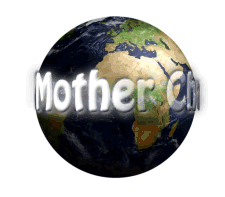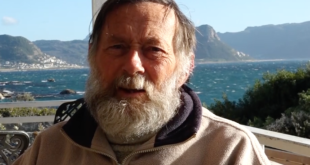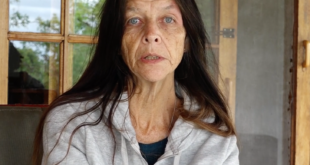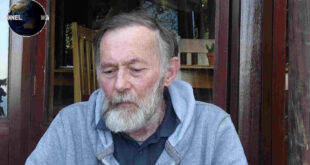Other than that, it became it became is become a very famous institution. Over the years, it’s for example, was a railway station. Yeah. You know, on the first railway that was entering the country. Okay. The railway first entered Zimbabwe, so historically, it’s quite interesting. It’s the point of entry for the pioneers. Okay. And in the point of entry of the first railway line, I mean, it’s an interesting story in a couple of respects. One is if you like the the unawareness of the of the of the people moving in, in contrast to the local knowledge. So, for example, you had people from a European who actually British origin who are dumped in Western environment. Now, they would have, they would not have any of the knowledge of how to live off the boat. And yet you had tribal people living there for centuries actually. Millennium, you know, definitely centuries ago who I mean lived a peasant lifestyle, let’s just put it that not trying to judge it too much. Whereas for the Europeans who are accustomed, nothing they were accustomed to was really very easy or possible. Like certainly to grow the kind of food and if you think about it, I think this has a message to contemporary life. They couldn’t grow anything they were accustomed to. No spinach, carrots, onions, that kind of stuff. There was no water. No See, see, there never was a magic brought a few seeds. So no water there. Were at a loss. Yes. Very little with the water going to come. We know from looking at was it was I don’t think it was very easy or as for example, the book that we opened our discussion on, for those it pioneers, the European ban so to speak. It was extremely hard for them to adapt to the local environment. And I think any change like that would be hard. I think what I think the argument I’m making is that on the farms, as you say, in some of the wild areas of the country, you would adapt to a self sustaining system far more readily without interference than in a in a metropolitans. situation, you know, you could very easily take up, it might take time to bring the balances in harmony to restore balances and harmonies. But you could get going pretty quickly. You could start grabbing food immediately, very easily, much more easily. So let’s imagine that everybody wants to move into the bush, it, it doesn’t per se mean that we’re all going to get fed. The one good thing is that amongst all those places in the bush, the farms which grew the food that came into the city, so there is a small possibility that you go to source, at least some of the foods that used to be brought into the city you’ll be getting before they get brought to the city. So you might get selected, slightly, a lot smaller range. But presumably, most of those farmers have got some kind of scheme for their, for their various other needs, but from what they’re growing themselves, whereas a farmer now goes to the co op and buys himself will jams and cereals and things that he is the first world way that would fall off the table and we’d never go back to her life must have been in the very first days. How was life in your conjecture?
Home / Experts / Various Solutions / John Turner / JOHN TURNER SERIES 1: SUSTAINABLE LIVING AND ITS IMPACT ON THE ENVIRONMENT
Tags China chinese ecology fact food humans life living metaphorically People place plants put situation sustain sustainable system talking technology toxins World
 Mother Channel Environmental, climate change news and media.
Mother Channel Environmental, climate change news and media.



